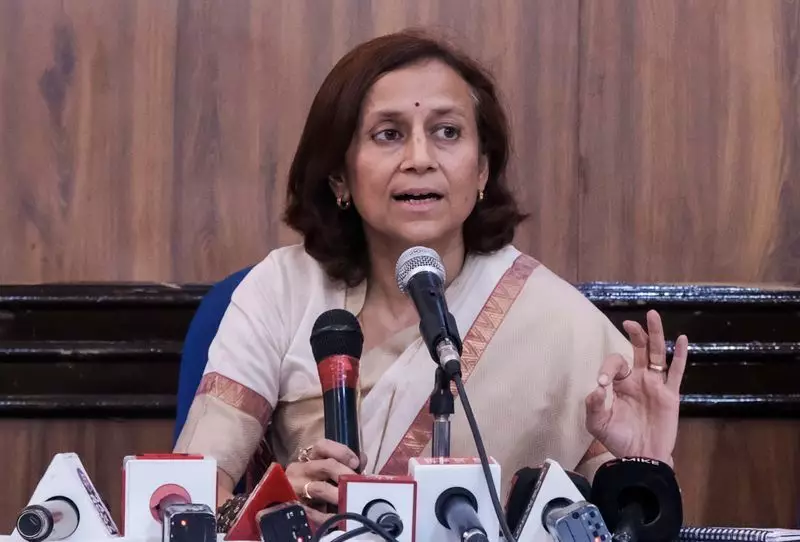
In a startling development that has raised eyebrows across activist circles, Rebecca Navalam, the wife of prominent Ladakhi environmentalist and education reformer Sonam Wangchuk, has come forward with serious allegations against law enforcement agencies.
The Allegations of Constant Monitoring
Navalam claims she has been placed under what she describes as "close surveillance" by the Rajasthan Police in coordination with the Intelligence Bureau (IB). According to her account, the monitoring has become increasingly intense and pervasive in recent weeks.
"The surveillance has become so obvious and intrusive that it's impossible to ignore," Navalam stated in her exclusive revelation. She detailed instances where unidentified individuals consistently tracked her movements and monitored her daily activities around Rajasthan.
Background: The Wangchuk Connection
The situation gains particular significance given her husband's profile. Sonam Wangchuk, best known for inspiring the character Phunsukh Wangdu in the blockbuster film '3 Idiots,' has emerged as a leading voice in Ladakh's environmental and political movements.
Wangchuk recently concluded a 21-day climate fast to demand constitutional safeguards and statehood for Ladakh, drawing national attention to the region's ecological and political concerns.
Pattern of Activist Monitoring?
This case appears to fit into a broader pattern where family members of prominent activists have reported increased scrutiny from law enforcement agencies. The allegations raise important questions about the boundaries of legitimate security monitoring versus potential overreach.
Navalam's claims come at a time when activist movements across India are facing increased scrutiny, particularly those involved in environmental and regional autonomy campaigns.
Official Response Awaited
As of now, neither the Rajasthan Police nor the Intelligence Bureau has issued an official statement regarding these specific allegations. The silence from official channels has only intensified the speculation surrounding this case.
Legal experts suggest that while security agencies have legitimate monitoring responsibilities, the alleged intensity and nature of surveillance described by Navalam could raise constitutional concerns regarding privacy rights.
The development marks another chapter in the ongoing tension between activist movements and state surveillance apparatus, highlighting the complex balance between national security concerns and individual freedoms in contemporary India.






